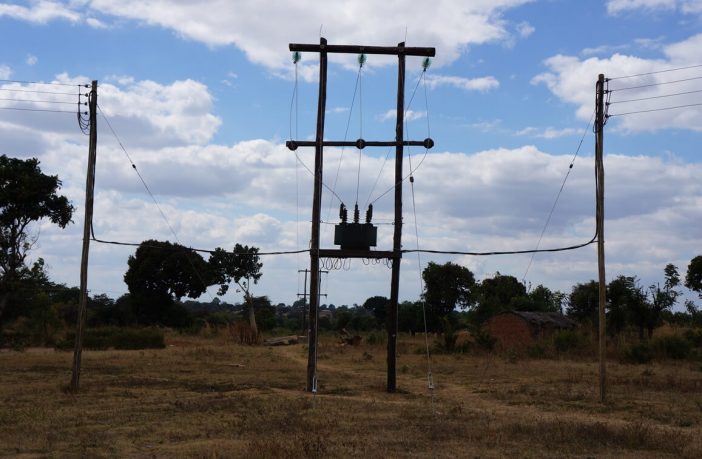- The African Development Bank has kicked off a feasibility study to explore the potential of electricity cooperative business models in Nigeria and Ethiopia.
- The study, funded by the South-South Cooperation Trust Fund, will be conducted by the National Rural Electric Cooperative Association (NRECA) International over three months.
- The effort is part of the Bank’s goal of achieving universal electricity access across Africa by 2025.
Currently, power shortages diminish the continent’s GDP growth by 2-4% per year, holding back job creation and poverty reduction efforts. The study, funded by the South-South Cooperation Trust Fund, will be conducted by the National Rural Electric Cooperative Association (NRECA) International over three months.
NRECA will consider regulatory, legal, technical, and socio-economic factors that impact the creation of electric cooperatives in the two nations. Electricity cooperatives are tax-exempt businesses set up and owned by the consumers who benefit from the services provided in generation, transmission and/or distribution.
They are used in many parts of the world to provide last mile connections to rural areas through grid extensions and cooperative enterprises. Where successful, they also improve rural electrification, while creating sustainable businesses.
Speaking at the kick-off meeting, the bank’s director of power systems development, Batchi Baldeh, said: “This study is timely and aligned with the bank’s New Deal for Energy in Africa. We look forward to working with NRECA International to execute the study, and to leverage its extensive experience in electricity cooperative business models to pave the way for the implementation of transformational projects across Africa.”
Underscoring the importance of government cooperation and commitment, he added that the cooperatives rely on strong partnerships among governments, rural/local communities and development partners for implementation and success.
Baldeh explained: “We selected Nigeria and Ethiopia following dialogue with their respective ministers of energy during the Bank’s Africa Energy Market Place held in July 2018, where they expressed their governments’ commitment to improve rural access through established models. We rely on this cooperation to explore this innovative model of delivering our High 5 to light up and power Africa.”
Findings of the study will be delivered in May this year. They will inform the viability of plans to pilot the model in the selected countries.
Author: GBA News Desk/ESI-Africa Contributor
This article was originally published on ESI Africa and is republished with permission with minor editorial changes.















